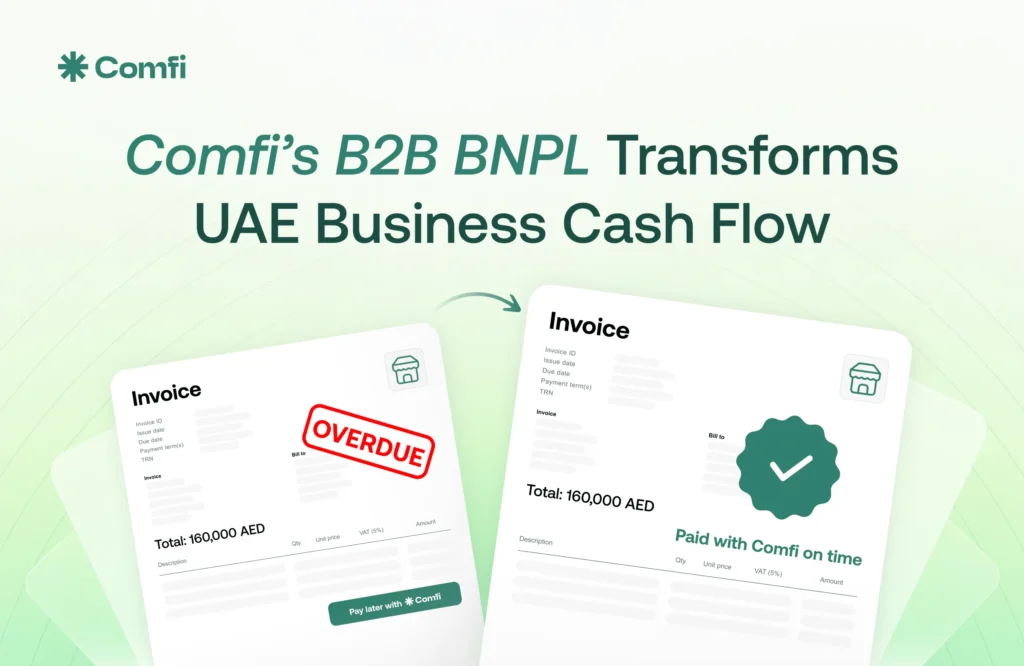Overview
The United Arab Emirates (UAE) stands as a big hub for global trade, bridging East and West. As a result, trade finance plays a crucial role in facilitating the country’s bustling import and export activities. This introduction explores the fundamentals of trade finance in the UAE, highlighting its importance, key players, and emerging trends.
What is Trade Finance?
Trade finance encompasses financial instruments and products that facilitate international trade and commerce. In the UAE, it helps businesses:
- Mitigate risks associated with global trade
- Bridge the gap between shipment and payment
- Optimize cash flow and working capital
The Importance of Trade Finance in the UAE
Economic Backbone
Trade finance supports the UAE’s position as a global trade hub:
- Facilitates over $550 billion in annual trade (2021 figures)
- Supports key sectors like oil & gas, precious metals, and electronics
SME Growth
Small and medium enterprises (SMEs) benefit significantly:
- Enables SMEs to engage in international trade
- Provides access to working capital
Key Players in UAE Trade Finance
Banks
Traditional powerhouses in trade finance:
- Emirates NBD
- First Abu Dhabi Bank
- Abu Dhabi Commercial Bank
Government Entities
Provide support and regulation:
- UAE Central Bank
- Etihad Credit Insurance (ECI)
Fintech Companies
Emerging players revolutionizing the sector:
- Comfi.ai: Offers innovative B2B payment solutions
- Provides up to 90 days credit for buyers
- Ensures immediate payment to suppliers
Common Trade Finance Instruments in the UAE
- Letters of Credit (LCs)
- Widely used for secure international transactions
- Bank Guarantees
- Essential for construction and service sectors
- Supply Chain Finance
- Growing in popularity, especially with platforms like Comfi.ai
- Documentary Collections
- Used for less risky transactions
Trade Finance Process
- Trade agreement between importer and exporter
- Financing request (e.g., through a bank or platform like Comfi.ai)
- Due diligence by the financier
- Issuance of trade finance instrument
- Shipment of goods
- Document presentation and verification
- Payment transfer
- Release of goods to the importer
Challenges in Trade Finance in the United Arab Emirates
- Regulatory Compliance
- Strict AML and KYC requirements
- Geopolitical Risks
- Regional instability affecting trade flows
- SME Access to Finance
- Traditional banks often perceive SMEs as high-risk
Emerging Trends
Digitalization
- Online platforms streamlining processes
- Comfi.ai exemplifies this with its digital-first approach
Blockchain Technology
- Enhancing transparency and reducing fraud
- UAE banks piloting blockchain-based solutions
Islamic Trade Finance
- Growing demand for Shariah-compliant products
- Comfi.ai offers compliant options
The Role of Comfi.ai in UAE Trade Finance
Comfi.ai is revolutionizing trade finance in the UAE:
- Provides embedded finance solutions
- Allows extended credit terms (up to 90 days) for buyers
- Ensures immediate payment to suppliers
- Caters to diverse industries (F&B, pharmaceuticals, etc.)
- Offers Shariah-compliant options
Conclusion
Trade finance is the lifeblood of the UAE’s thriving international trade sector. As the landscape evolves, a mix of traditional banking services and innovative fintech solutions like Comfi.ai are shaping the future of trade finance in the region. Understanding and leveraging these diverse options is crucial for businesses aiming to succeed in the UAE’s dynamic trade environment.
For UAE businesses looking to optimize their trade finance operations, exploring modern solutions can open new avenues for growth and efficiency. To learn more about how Comfi.ai can support your needs, visit comfi.ai and discover tailored solutions designed for the UAE market.
Read also: Trade Finance Officer in the UAE here is the link


